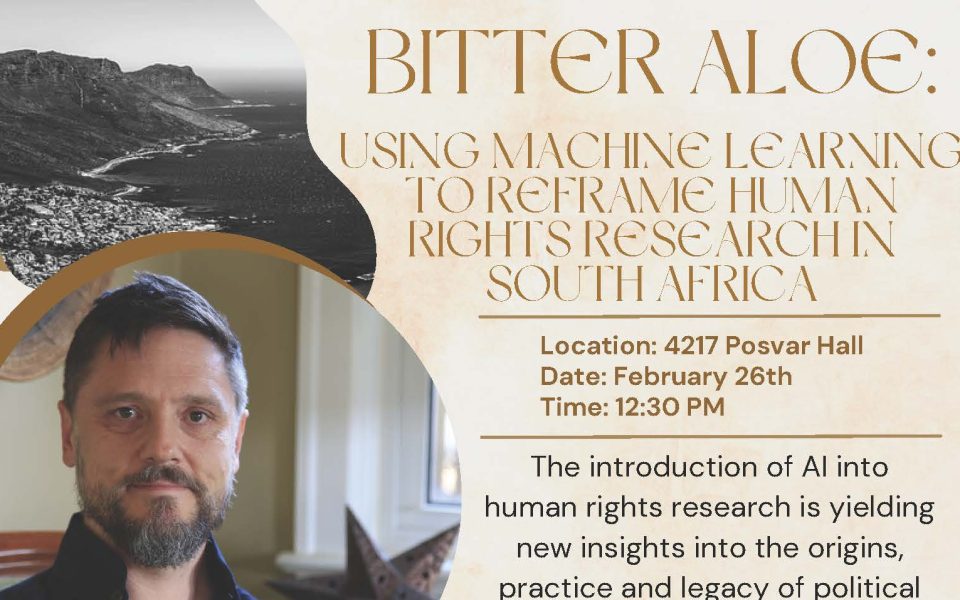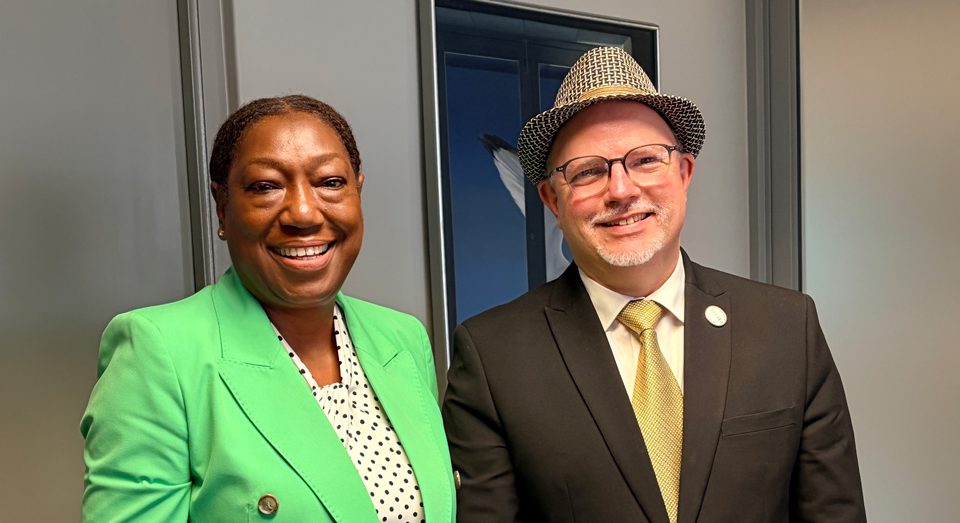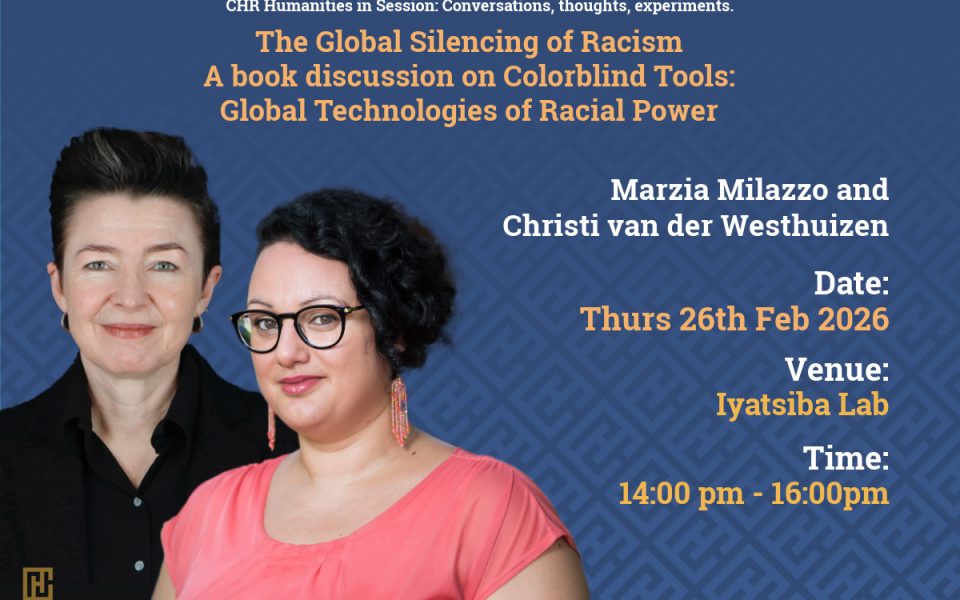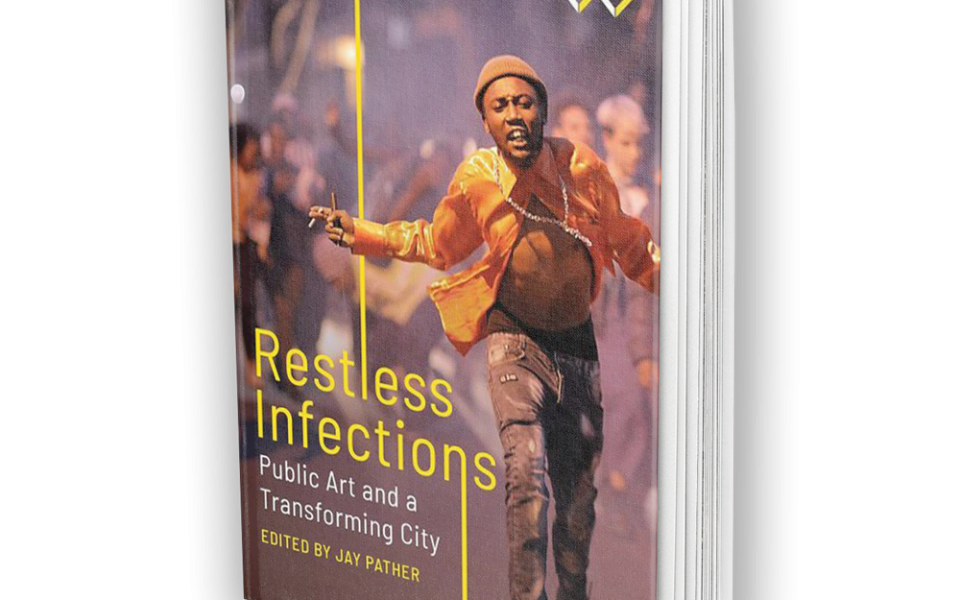2018 African Critical Inquiry Workshop

The African Critical Inquiry Programme (ACIP) is pleased to announce that the 2018 ACIP workshop will be Missing and Missed: The Subject, Politics and Memorialisation of South Africa’s Colonial and Apartheid Dead. The project was proposed and will be organized by colleagues at the University of the Western Cape, Nicky Rousseau (Senior Lecturer, Department of History) and Ciraj Rassool (Professor, Department of History and Director of the African Programme in Museum and Heritage Studies). The workshop builds on reading groups in Forensic History and Visual Forensic History that developed critical concepts and case studies for thinking about the workshop’s topic and issues over the past two years. Activities will take place in Cape Town, South Africa.
Missing and Missed
Missing and Missed: The Subject, Politics and Memorialisation of South Africa’s Colonial and Apartheid Dead concerns the unfinished business of South Africa’s colonial and apartheid dead, whose recovery and reburial have largely happened through the modalities of nation-building and nationalism, as a way of constituting a post-apartheid society. This unfinished business has become a matter for both public life and policy. Considering questions of ‘missingness’, and the associated practices of investigation, exhumation and memorialisation via an understanding of the forensic as both field and forum suggests a more contested space of debates, disputes, and questions. This has produced a more indeterminate idea of the ‘missing person’ and the ways in which institutions, instruments, scholarly disciplines, and modes of governmentality intervene to shore up indeterminacy. It prompts us to explore ‘missingness’ as a condition that is epistemological, ontological, historical, political, legal, and aesthetic, and which evades recovery, inclusion and representation. Among the questions and provocations that this approach calls for are:
- Elaborations and contestations of missingness/ forensics/ counter-forensics;
- Governmentalities/ rehumanisation/ citizenship/the dead and the nation;
- Dilemmas of how to write beyond politics/history/law/art, and broach the question of justice;
- The ethical, political, epistemological dilemmas involved in naming the missing subject;
- Critical engagements with testimonial discourse, life-writing, and biographies of the missing;
- The social, familial, and affective networks in which the missing are inscribed, spectrality, haunting, the uncanny, and affect;
- Visual and aesthetic grammars of the missing;
- Reparation, restitution and the limits of the evidentiary.
The Missing and Missed workshop will place interrogations of specific encounters with the missing dead of Southern African colonialism and apartheid into conversation with those emerging from state and administrative violence across numerous settings. Bringing together local and international scholars and graduate students, the workshop will re-examine categories such as enforced disappearances, abductions, missing persons, missing dead bodies, ‘the missing’, agency, materiality, context, and evidence from scenarios of colonial, apartheid and totalitarian violence, and other scenarios of political violence. This will enable more careful thinking about questions of absence, loss, presence, temporality, spectrality, memory, politics, history, forensics, and justice. In addition to participating in the workshop, international scholars will give a master class/ seminar to graduate students and/or participate in a roundtable with members of Iziko Museums. A special journal issue will be prepared from workshop papers.
Founded in 2012, the African Critical Inquiry Programme (ACIP) is a partnership between the Centre for Humanities Research at University of the Western Cape in Cape Town and the Laney Graduate School of Emory University in Atlanta. Supported by donations to the Ivan Karp and Corinne Kratz Fund, the ACIP fosters thinking and working across public cultural institutions, across disciplines and fields, and across generations. It seeks to advance inquiry and debate about the roles and practice of public culture, public cultural institutions and public scholarship in shaping identities and society in Africa through an annual ACIP workshop and through the Ivan Karp Doctoral Research Awards, which support African doctoral students in the humanities and humanistic social sciences enrolled at South African universities.
Information about applying to organize the 2019 ACIP workshop and for the 2018 Ivan Karp Doctoral Research Awards will be available in November 2017. The deadline for both workshop applications and student applications is 1 May 2018.
For further information, see http://www.gs.emory.edu/about/special/acip.html and https://www.facebook.com/ivan.karp.corinne.kratz.fund.





